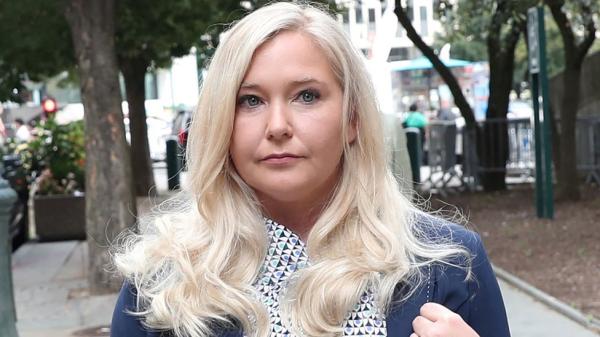

Virginia Giuffre, the woman who became one of the most prominent accusers of convicted sex offender Jeffrey Epstein, has tragically died by suicide. Giuffre, who publicly shared her allegations of sexual abuse by Epstein and his associates, including powerful figures, had been a vocal advocate for justice and survivors of sexual assault.
Giuffre’s legal battle against Epstein, who died in 2019 under mysterious circumstances while in custody, played a significant role in bringing attention to the extensive network of sexual abuse that Epstein orchestrated. Giuffre accused Epstein of trafficking her as a young girl, which she says occurred when she was underage, and has fought for years to hold those responsible accountable.
Her death, confirmed by family members, has shocked those who have followed her case and those who have supported her advocacy for victims. Authorities have yet to release additional details about the circumstances surrounding her death, but it has reignited discussions about the trauma faced by survivors and the need for continued attention to justice and accountability in cases involving abuse of power.
Giuffre’s passing is being met with an outpouring of grief from those who knew her and from survivors’ advocacy groups. Many are remembering her as a courageous woman who brought attention to systemic abuse and fought for the truth to be heard, despite significant personal costs.
Her death raises further questions about the lasting emotional and psychological toll of surviving abuse, particularly when it involves high-profile and powerful individuals. It also brings renewed focus to the broader issues of accountability for sexual abuse and the importance of supporting those who come forward with their stories, ensuring their voices are heard and that justice is pursued.
Giuffre’s legacy as an advocate for sexual abuse survivors and her commitment to holding abusers accountable will continue to resonate with many who have been touched by her bravery.
Leave a Reply